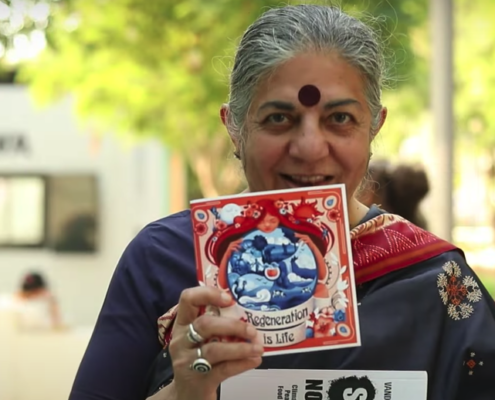 https://regenerationinternational.org/wp-content/uploads/Screen-Shot-2023-12-11-at-22.04.55.png
518
1266
paco
https://regenerationinternational.org/wp-content/uploads/2018/10/RI-Logo-New.png
paco2023-12-06 21:54:452023-12-11 22:03:59Regeneration is Life – An Agroecological Paradigm to Overtake the Climate Crisis
https://regenerationinternational.org/wp-content/uploads/Screen-Shot-2023-12-11-at-22.04.55.png
518
1266
paco
https://regenerationinternational.org/wp-content/uploads/2018/10/RI-Logo-New.png
paco2023-12-06 21:54:452023-12-11 22:03:59Regeneration is Life – An Agroecological Paradigm to Overtake the Climate Crisis https://regenerationinternational.org/wp-content/uploads/Screen-Shot-2023-12-11-at-22.04.55.png
518
1266
paco
https://regenerationinternational.org/wp-content/uploads/2018/10/RI-Logo-New.png
paco2023-12-06 21:54:452023-12-11 22:03:59Regeneration is Life – An Agroecological Paradigm to Overtake the Climate Crisis
https://regenerationinternational.org/wp-content/uploads/Screen-Shot-2023-12-11-at-22.04.55.png
518
1266
paco
https://regenerationinternational.org/wp-content/uploads/2018/10/RI-Logo-New.png
paco2023-12-06 21:54:452023-12-11 22:03:59Regeneration is Life – An Agroecological Paradigm to Overtake the Climate Crisis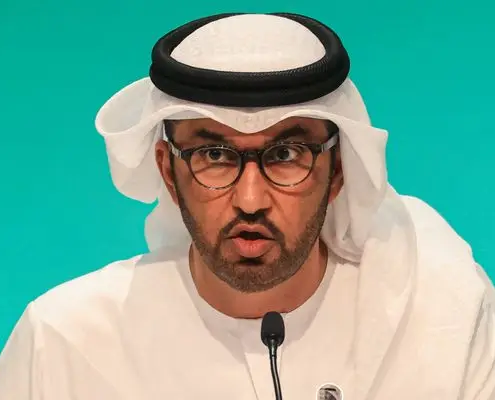
The Cop28 President Told a Shocking Lie About Fossil Fuels – and He’s Wrong About Climate Economics Too
For months Sultan Al Jaber, the president of the Cop28 climate negotiations in Dubai, has been insisting that there is no conflict with his day job, chief executive of the United Arab Emirates’ (UAE) state oil company. Instead, he argued, the dual role enabled him to persuade fossil fuel companies to change. And some early successes in the talks provided some credibility to that claim.
At COP28 he claimed there was “no science” showing that phasing out fossil fuels would keep the world beneath the internationally agreed guardrail of a rise of 1.5C above preindustrial levels.
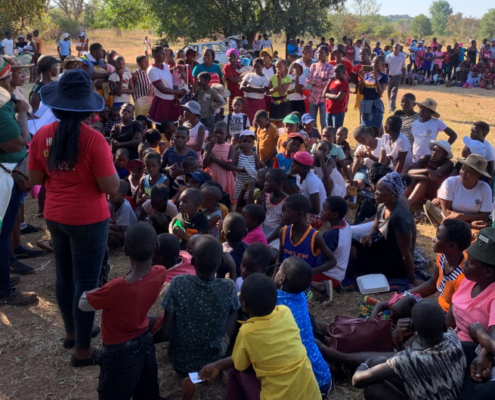
Put People, Nature, and Livelihoods at the Forefront of Climate Action
This statement is delivered on behalf of 37 African Networks and organizations representing up to 200 million Africans, including, small-scale farmers, pastoralists, fisherfolks, indigenous peoples, women networks, youth groups, agroecological entrepreneurs, environmentalists, Civil Society Organizations and consumer groups.
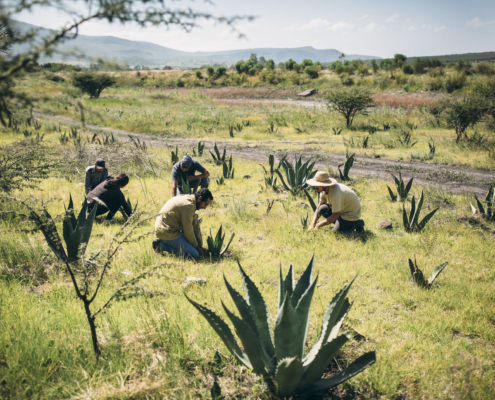
Billion Agave Project Initiative is Presented at the CICY
On November 23rd, the "Billion Agave Project Initiative, between Regeneration International and CICY" was presented at the Scientific Research Center of Yucatán (CICY), in the framework of which a collaboration agreement was signed between these two entities, whose purpose is to develop the science and technology that will allow the implementation of the Billion Agave Project (BAP) in Yucatán.
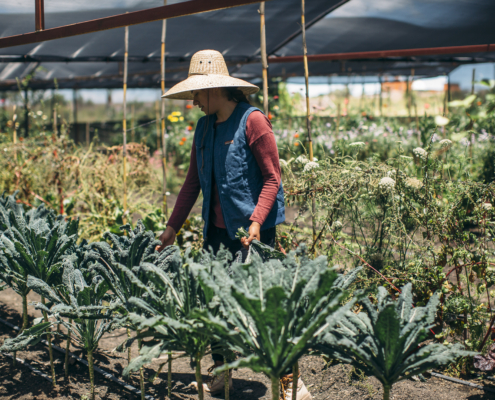
Regenerative Agriculture: To Meat or Not to Meat?
A regenerative farm is the polar opposite of a conventional one. Instead of a monoculture, envision multiple crops strategically planted to support each other's growth and vitality. For example, on a cotton farm, you might find rows of peas serving as "cover crops" to provide shade, maintain soil temperature, enhance water retention, and promote microbiome development. These farms also incorporate "pollinator strips" to attract bees and butterflies, along with "trap crops" to divert pests, avoiding the need for chemical pesticides.
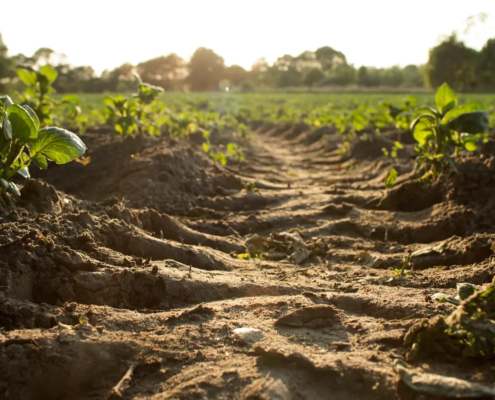
From GMOs to Regenerative Agriculture: A Scientist’s Journey
It’s not often that a scientist will transition from the narrow-focused science of genetically modified crops to the natural systems approach of regenerative agriculture. But that’s what happened to Laura Kavanaugh, who worked as a scientist for biotech company Syngenta for 12 years helping to develop GMO crops. Today, she is the new chief science officer for Advancing Eco Agriculture (AEA), which works with farmers to help them transition to regenerative agriculture.
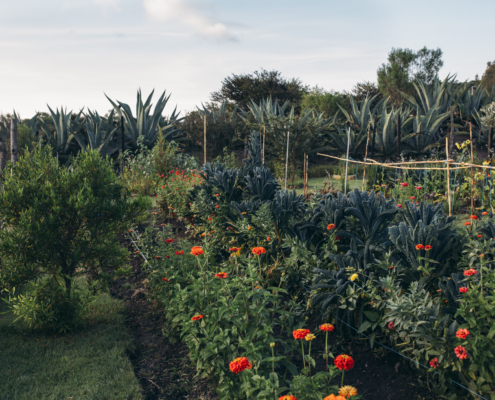
Press Release: A New Tool to Track Agroecology Funding Streams
At a crucial junction for international discussions around how to make our food systems truly sustainable, during the Committee on World Food Security (October) and ahead of the UN Climate Change Conference COP28 in Dubai (December), a new tool has just been launched today.
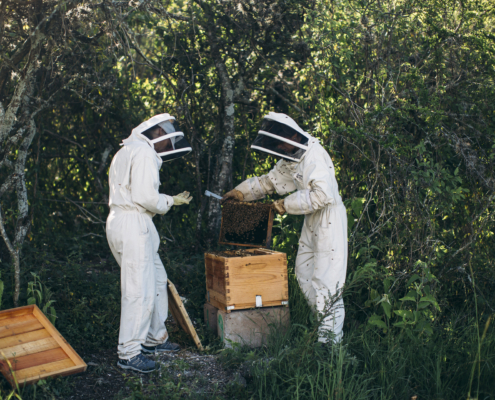
Safeguarding the Genetic Diversity of the Honey Bee
Pollinators play an essential role in our food system, with an estimated three quarters of crops depending on them. Yet, due in part to the impacts of intensive farming practices, their numbers are in decline. Here, beekeeper and Chair of the Bee Improvement and Bee Breeders Association, Jo Widdicombe, looks at the issue of genetic diversity and why it is critical to safeguarding the future of one of our key crop pollinators – the honey bee.
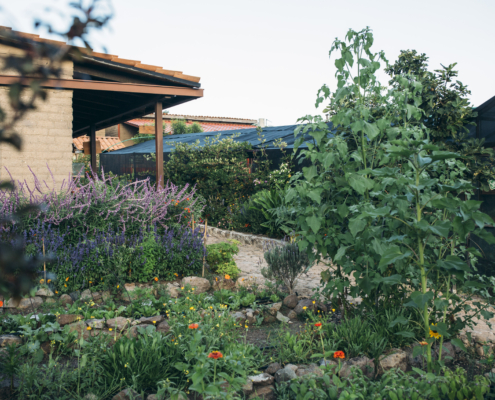
Ground Covers and Weed Management for Regenerative Farming and Ranching
Bare ground is the best way to encourage weeds, as most weeds are pioneer species. They rapidly germinate to cover disturbed and bare ground. Nature always regenerates disturbed soil by rapidly covering it with plants. Weeds are nature’s way of healing disturbed soil. Living plants feed the soil microbiome with the molecules of life so they can regenerate healthy soil.
This excerpt is from André Leu’s book Growing Life: Regenerating Farming and Ranching, more information here.
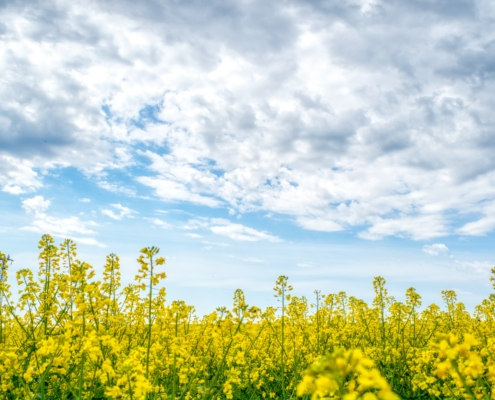
Understanding the Context in Regenerative Agriculture
By adopting practices like cover cropping, crop rotation, intercropping, reduced tillage, integrating livestock, and increasing biodiversity, farmers are rebuilding soil fertility, carbon sequestration, and water retention while making their farms more resilient. The benefits extend beyond individual farms, potentially revolutionizing food production, and fostering collaboration between farmers, scientists, and policymakers to promote innovation.

The Fashion Industry Goes Green with Sustainable Agriculture
While efforts have focused on reducing waste, brands and designers are increasingly endorsing projects in regenerative agriculture to help reduce the emissions produced in the manufacture of classic textiles, such as cotton and wool.
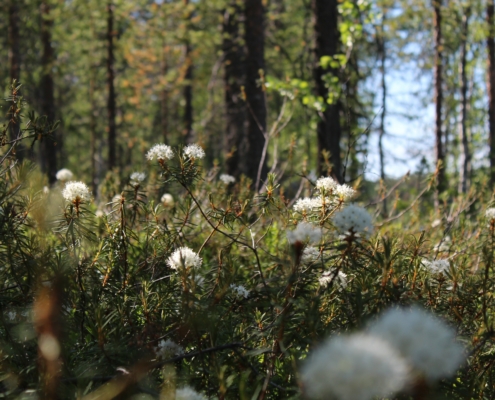
Regenerative Agriculture Slated to Restore Ecosystems As Pressure Mounts in F&B Sectors
The food agriculture sector faces mounting pressure to reduce its contributions to climate change. While agriculture accounts for around 34% of global greenhouse gas (GHG) emissions, mainly from farming, deforestation and transportation activities in supply chains, the F&B sector recognizes the imperative to act on climate change, sparking interest in regenerative agriculture’s potential to restore ecosystems and sequester carbon.
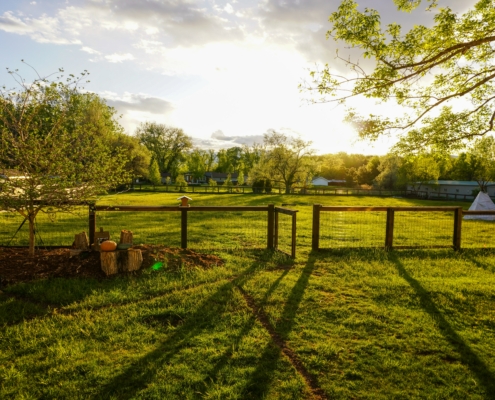
A Week on a Regenerative Dairy Farm
Life has more than one twist and turn, and now, almost exactly four years later, I find myself in New York State attending a course in regenerative dairy production offered by Soil Health Academy. The aim is to learn more about how regenerative farming practices can be applied to the dairy sector and to bring that knowledge to our Dedicated Dairy Farms project in Quebec. To this end, I am also accompanied by Pascal Viens, from Ferme Vimo, and Julianne Audette, agr., from Logiag‘s agronomy team.
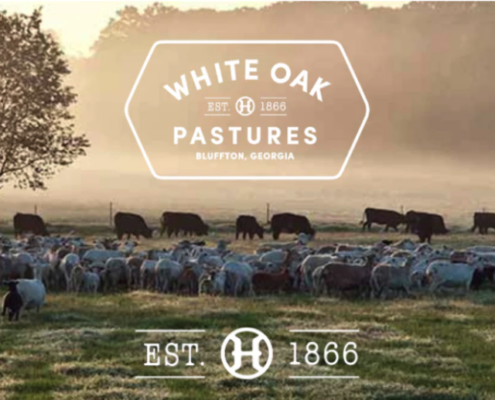
A Bold Return to Giving a Damn
"I never really got the 10 commandments, because they were so focused on what I should not do. I don't believe that a person's goodness is wholly based on what they don't do. So while I don't contest these Biblical instructions, I made myself a set of commandments on what I will do..."
A Bold Return to Giving a Damn is out, and we hope you'll consider picking up a copy and joining us on this journey to good good and good food systems. Order today A Bold Return to Giving a Damn is out, and we hope you'll consider picking up a copy and joining us on this journey to good good and good food systems.

Mexico’s Corn Defenders Honored with Environmental Prize
In Mexico City, the Pax Natura Foundation, founded in 1996 to “create peace with nature on all levels for the preservation of life on this beautiful Planet Earth,” is presenting its annual environmental prize to the Demanda Colectiva Maíz.
The ceremony took place October 16 at the Franz Mayer Museum in Mexico City.
All charitable donations are deductible to the full extent allowed by the law.
+1 952-777-3239
© 2019 Regeneration International
